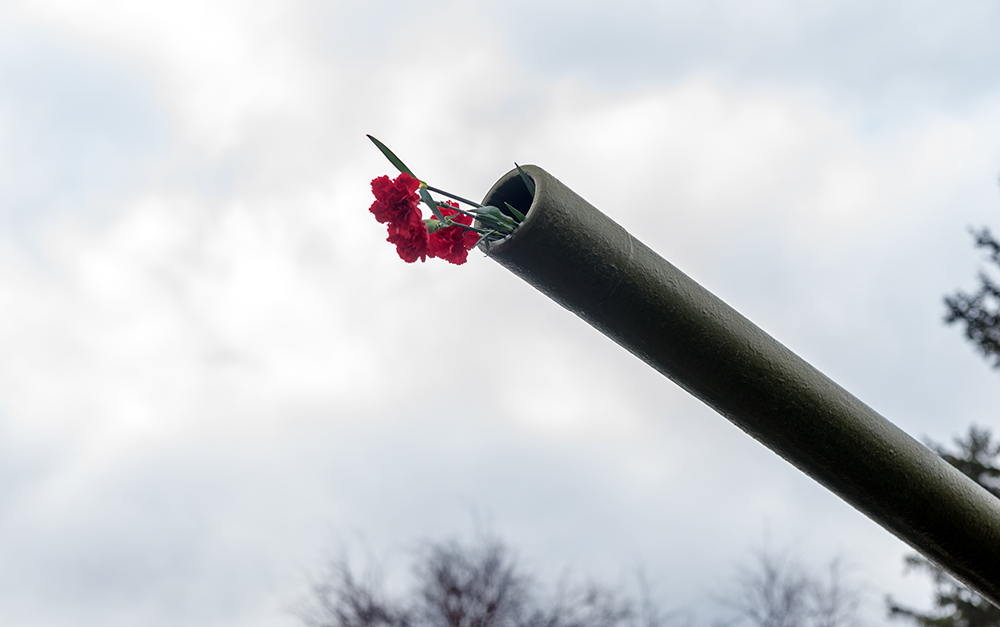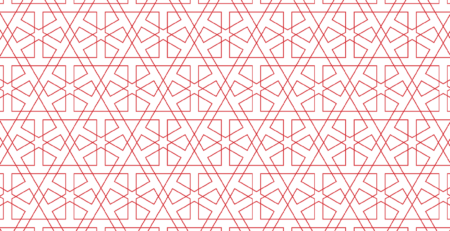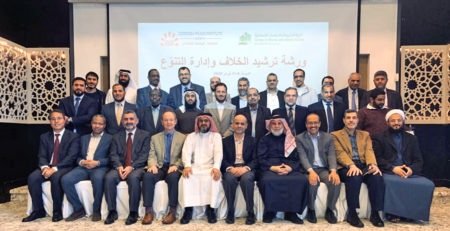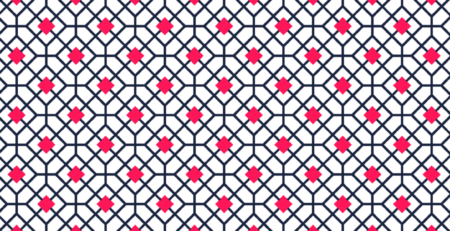The Cordoba Update June 2025
cpi@geneva2025-06-30T00:31:33+01:00

Dear Reader,
We are living in dangerous times for world peace, with a growing tendency to favour force over law, and to use violence to resolve (geo)political conflicts. So many violent conflicts are escalating and becoming entrenched all over the world, particularly in regions where CPI is active: West Asia and Africa.
Using brute force to resolve conflicts merely maintains the illusion of peace, prolonging their existence and making them more complex and difficult to resolve. This approach also undermines the foundations of international humanitarian law, casting doubt on the entire framework of international law.
At CPI, we remain convinced that peace can only be achieved through the just and peaceful transformation of conflicts. We devote our efforts to spreading this message and applying it concretely in the field.
In this edition of the Cordoba Update, you will find some of the activities, publications and events that took place during the first half of 2025, as well as two articles, one by Ozair Khan and Ahmed-Waleed Kakar on “The Afghan Taliban Constitution Drafting” and the other by Reine Radwan on “Gender-Sensitive Conflict Analysis: Middle Belt of Nigeria”.
We wish you a happy summer!
The CPI team
News of the Institute
1) Workshops / Trainings
Political Transition in Syria:
On 13 February 2025, CPI hosted in Geneva a consultative meeting to discuss the post-Assad transition in Syria, bringing together a select group of Syrian actors, civil society representatives, and experts from different backgrounds, as well as non-Syrian experts with insights on the Syrian situation, to exchange views on the new developments in Syria and discuss concrete ideas on how to support a smooth political transition and an inclusive national dialogue.
Fiqhi Pathways:
– On 22 January 2025, CPI with its partner in Mauritania, the NGO Qaïrawan Research and Support for Peace, organised a workshop in Nouakchott and convened 12 scholars from Mauritania, Mali, and Burkina Faso. The meeting offered a space for exchange and to hear the different Fiqhi perspectives to assess and analyse the situation in Mali and the ways out of the conflict.
– On 8 February 2025, CPI and its local partner in Tanzania, Friends of Peace, convened 20 scholars and Imams from Tanzania, Sahel and MENA who exchanged on social cohesion mechanisms as exemplified by the Medina Charter; and discussed avenues for dialogue and cooperation among the diverse schools of Islamic actors and institutions in Tanga. Another exchange took place in Zanzibar on 25 June 2025.
Islamic Jurists and Armed Group Behavior: Crafting Conflict Solutions
– On 20 January 2025, CPI organised a policy briefing in Nouakchott, Mauritania, in partnership with the Diplomatic Academy of the Mauritanian Ministry of Foreign Affairs. This meeting, which focused on the Mali case examined by the research project, brought together Mauritanian and international researchers and diplomats. Participants at the briefing discussed the results of the research into the role of Islamic scholars in the JNIM armed groups in Mali and its implications for policy and conflict transformation.
– On 18 June 2025, CPI, in partnership with the Mission of Switzerland to the EU and the Center for Security Studies, ETH Zurich (CSS), organised a policy briefing in Brussels, Belgium, on the theme of “The jurists and the jihadis: How Islamic legal scholars shape the actions of armed groups and open space for negotiation”. The event aimed to present the findings of a research project co-funded by the Templeton Religion Trust (TRT) and the Swiss Federal Department of Foreign Affairs (FDFA) to diplomats, policymakers and researchers, and to discuss these findings with them.
Building Bridges:
Since its official launch in January 2025, the Building Bridges initiative has made steady progress over the past six months. CPI, DIWA and DAAC held a week-long project management training in Minna, Nigeria. The training focused on methodology, annual planning and the strategy for training on social media disinformation and misinformation, as well as the most effective ways to engage with peace messaging online. Prior to this, stakeholder engagement took place to gather insights from communities in the Middle Belt and inform peace messaging, as well as identifying local needs. Subsequently, DIWA, DAAC and Lux Terra began their Needs Assessment and Participation Selection (NAPS) process, outlining the main messages and individuals involved in the next phase. DAAC has completed its NAPS with students and teachers, receiving confirmation from all participating schools. The intra-faith Training of Trainers (ToT) for Muslim participants has been successfully completed, and the Christian sessions are set to conclude by the end of June. These foundational activities pave the way for the upcoming interfaith dialogue and public engagement efforts.
Path to Peace:
Between January and June, the Path to Peace project — funded by the Swiss FDFA, coordinated by DIWA and implemented by DAAC, with CPI providing technical expertise — made significant progress. This involved delivering training sessions to imams, pastors, women and youth leaders, equipping them with the knowledge and skills needed to provide their communities with constructive alternative narratives.
2) Publications
– Ozair Khan and Ahmed-Waleed Kakar. The Afghan Taliban Constitution Drafting: Between theory and practice, new beginnings and calculated continuity. Cordoba Research Papers. Cordoba Peace Institute – Geneva. February 2025.
– Reine Radwan. Gender-Sensitive Conflict Analysis: Middle Belt of Nigeria. Cordoba Research Papers. Cordoba Peace Institute – Geneva. April 2025.
– Abbas Sharifa. Diplomacy of the Prophet Muhammad in the Treaty of Hudaybiya (627 AD / 6 Hijri). Cordoba Research Papers. Cordoba Peace Institute – Geneva. April 2025.
– CPI Strategic Plan 2024 – 2027.
3) External Events
– On 28-29 January 2025, CPI attended in Zurich a Strategic Planning Meeting hosted by the Center for Security Studies / ETH Zurich, to evaluate the project “Islaamku Waa Nabad: A Peacebuilding Approach to Address Violent Extremism in Somalia” led by UNDP Somalia, and to discuss a process design to move the project forward.
– On 18-20 February 2025, CPI attended the Second International Conference “From Religious Freedom to Religious Responsibility”, organised in Doha, Qatar, by the Doha International Center for Interfaith Dialogue in collaboration with the Multi-Faith Neighbors Network. The theme of the conference was “Peacemaking in a Destabilized World”.
– On 26–27 May 2025, CPI participated in the third International Conference on Combating Islamophobia. The conference was themed “Islamophobia in Focus: Unveiling Bias, Shattering Stigmas”, and hosted in Baku, Azerbaijan, by the Baku International Multiculturalism Centre.
– On 4-6 June 2025, CPI attended the Cross-Cultural Religious Literacy Summit co-organised in Krakow, Poland, by the Templeton Religion Trust, Love Your Neighbor Community, and The Review of Faith & International Affairs.
Articles
 |
The Afghan Taliban Constitution Drafting.by Ozair Khan and Ahmed-Waleed Kakar
|
 |
Gender-Sensitive Conflict Analysis: Middle Belt of Nigeria.by Reine Redwan
|












